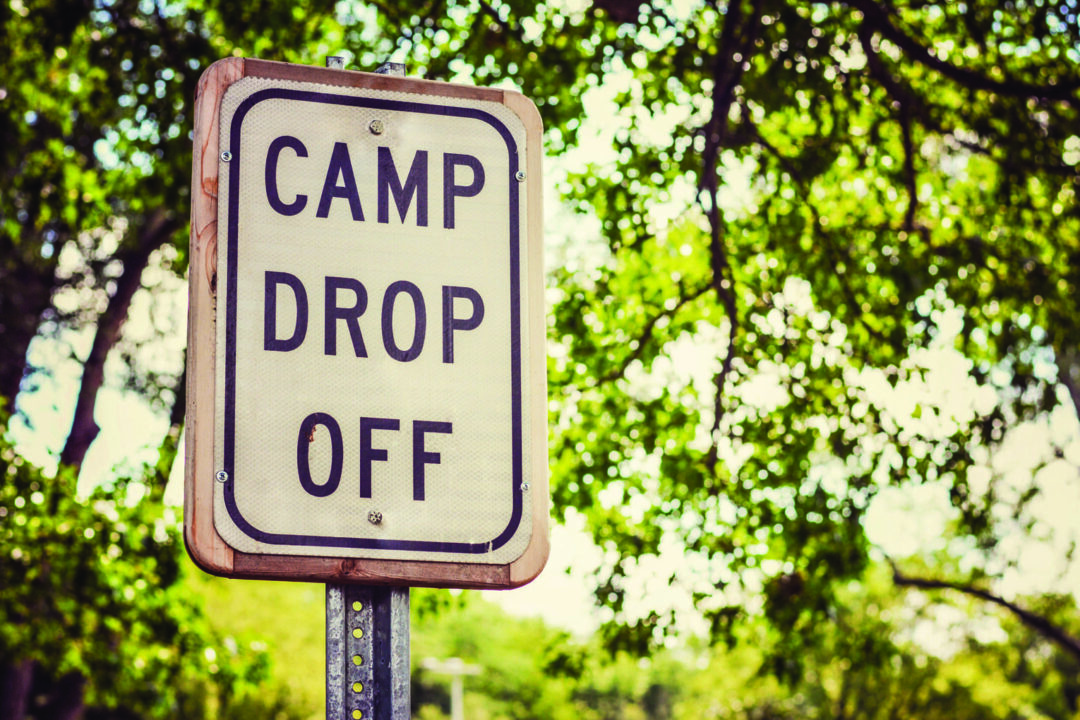By PATRICK MCNAMARA
The snow is melting and the signs of spring have arrived. Summer may seem far off, but now is the time to start planning and preparing for camp. Whether your kids are interested in day camp or sleep-away camp, there’s no denying the educational and social benefits summer camps can have. However, some kids find it easier to adjust to the new routine than others.
For children returning to a camp they’ve attended in the past, the process can be exciting! They’re looking forward to seeing old friends, practicing sports, arts and crafts, exploring interests, and discovering talents. For other kids, especially if they’re attending a new camp, the idea can be stressful. Now’s the time to address potential issues and put them to rest. Here are some tips to consider.
Decide together
When your child is given a say, they are more likely to be invested in the selection process. This will help build their confidence that camp will be a positive experience. Talk about what kind of camp you would like for your child to attend. Then ask what they would like as well. Discuss what they thought of last year’s camp experience. Are you looking at half-day, day or sleep-away camp? What are their interests? Would they like one with an emphasis on sports? Computer skills? The arts? STEM? Maybe you want to set up multiple types of camps. This is a good time for your child to try something new. However, don’t go overboard with a new camp each week. This may become too overwhelming for both you and your child.
Emphasize the positive
Talk about the fun things that will be a part of the daily camp life, such as doing new and different activities and spending loads of time on a favorite sport or hobby.
Be realistic
Camp is like real life. Some days are fantastic. Some days aren’t. It’s what we make it. Teach your kid to recognize and appreciate the good things and to learn from setbacks, not to dwell on them. If you have happy memories of summer camp, share them. Kids want to be independent, but they need a little help. Learning from your experiences can be helpful.
Give your child opportunities to talk about their concerns
Listen and stay positive. If they worry about the “what ifs” let them tell you what they are worried about. Listen to their concerns and try to bring the conversation back to the positive “what ifs.” (“What if you make a great new friend!” or “What if you finally crush that difficult soccer move?”)
Visit ahead of time
Plan a short trip to campgrounds with a friend or co-camper if possible. Seeing what the place looks like and being familiar with it will help your child feel less surprised on the first day. If you can’t visit, look at brochures and videos together. You could also talk with other kids who’ve been to the camp before and hear about their experience.
Patrick McNamara is the Executive Director of Sylvan Learning of Albany and Clifton Park, which provides tutoring services and academic coaching (www.SylvanLearning.com).



